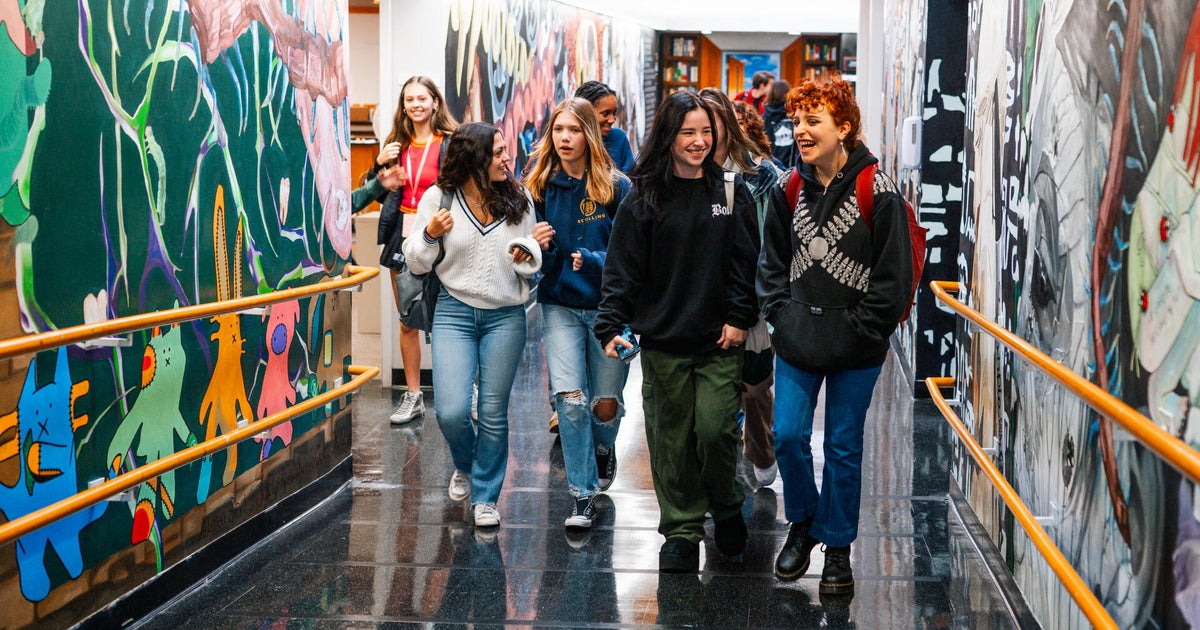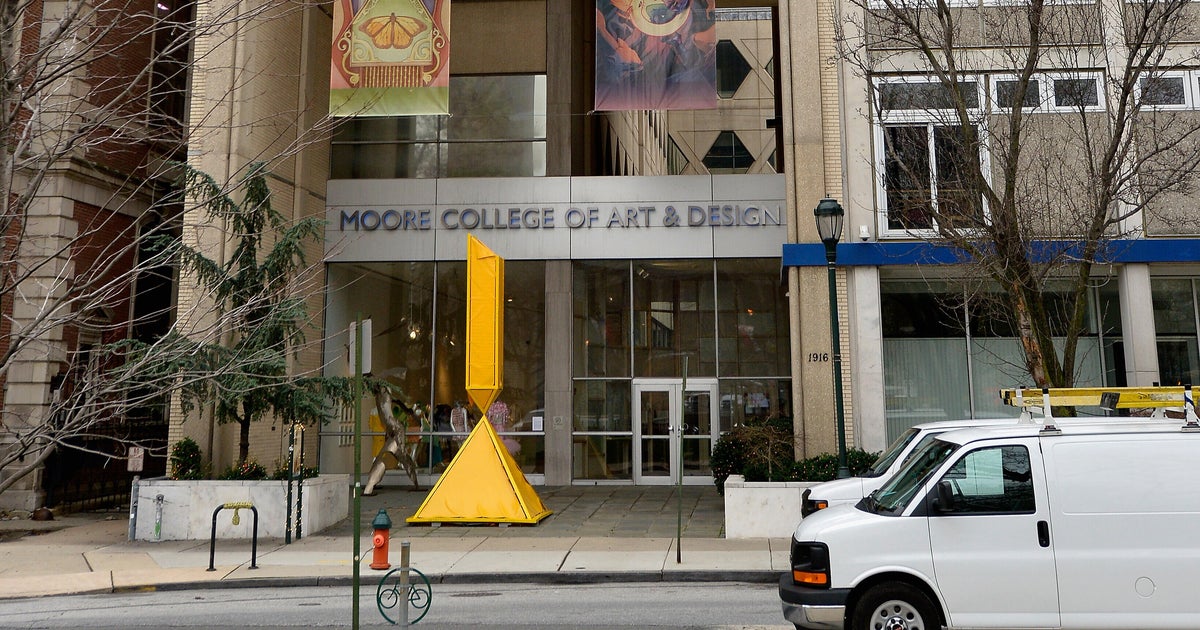Most People Aren't Very Good At Multi-Tasking
BOSTON (CBS) -- You've got five free minutes, but ten things that need to get done ASAP. So what do you do? You do a couple of them at the same time. It's the art of multi-tasking.
We're all doing it more than ever, but research indicates we might not really be getting ahead.
A mother with a toddler told us that she definitely feels the need to multi-task. A businessman said it's critical in today's environment.
WBZ-TV's Paula Ebben reports.
Boston College professor Joe Tecce has been studying the effect of multi-tasking on the brain for more than 30 years. "The brain gets disrupted," he explained. "The heart rate is increased. Muscle tensions are increased. Blinking gets faster, a sure sign of stress.'
The problem is we are inundated with information and new technology like never before. With television, texts, and emails, we now consume three times the media we did in 1960.
It's a similar situation at work. One study found the average worker shifts among 37 computer programs every hour.
One young woman told us she is not concerned about losing focus under this barrage of information. She believes she can do it all.
But research indicates that might be tough. Only about three percent of the population can really multi-task effectively. The rest of is end up getting distracted and can't concentrate when we really need to.
"The habit of multi-tasking keeps you on the alert for signals that you don't need, always looking around," said Tecce. And in today's work force, looking over your shoulder to make sure you've still got a job. Fewer workers means those left behind are given more to do.
Even though studies indicate just about no one can successfully multi-task, most companies still force it. Elaine Varelas, a human resource consultant at Keystone Partners, said, "People will typically continue to give someone more responsibility in their role until they are asked not to, and employees right now are not in a position to ask them not to."
That can leave nervous and overburdened workers in a bind. "You have to have to have a very positive outlook," explained Varelas. "That is to say I love my job, I love what I am doing here, but I need some help prioritizing. I need some help setting some with boundaries and guidelines."
One way you can help yourself at work is to turn off your email notification, according to Varelas. It can be such a big distraction that you might be better off just checking it a couple of times a day.







